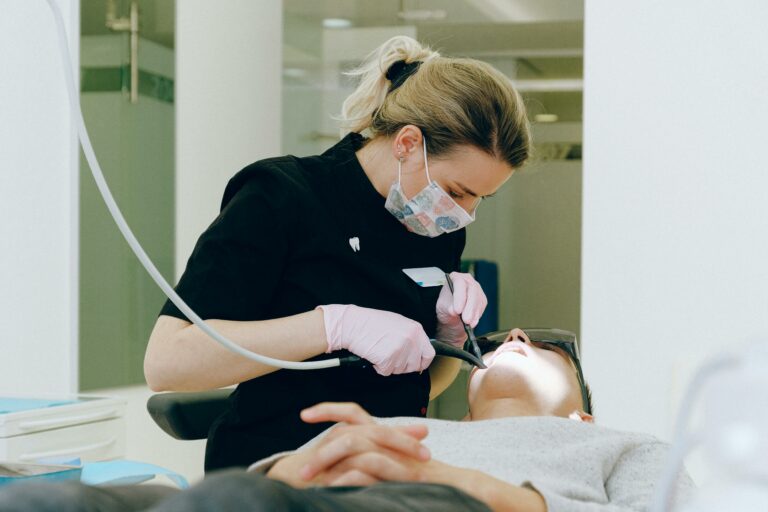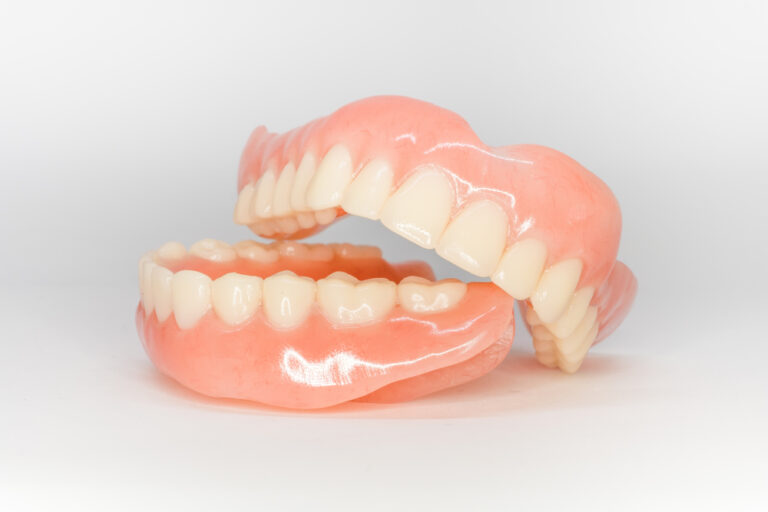If you’ve recently started gagging when brushing your teeth, it can be an unpleasant and baffling experience. You likely had no issues with oral hygiene gagging in the past, so what changed? There are a number of possible reasons you may begin intermittently or consistently gagging or dry heaving while brushing.
Anatomy behind the gag reflex
To understand what causes gagging, it helps to first understand what’s happening in your mouth and throat:
- The soft palate at the back of the mouth has an area loaded with sensitive nerve endings known as the trigger zone.
- When stimulated, these nerves signal the throat muscles and diaphragm to contract forcefully in a gag reflex to prevent choking or expelling irritants.
- Common triggers include brush bristles, toothpaste foam, saliva, mucus, throat secretions, and even bad tastes or anxiety.
- Those with a hypersensitive gag reflex have an overreactive trigger zone that provokes gagging more readily than average.
Why might gagging suddenly start?
There are a number of potential reasons you may begin gagging when brushing out of the blue:
Altered brushing technique
- Even small adjustments to your usual brushing motions, pressure, or positioning in the mouth can sometimes instigate gagging.
- For example, angling the brush too far back towards your throat or aggressively brushing the tongue could stimulate sensitive areas and nerves.
- Brushing with new tools like an electric toothbrush or tongue scraper may also hit your reflex in an unusual way.
New oral hygiene products
- Introducing a different brand of toothpaste, mouthwash, floss, or brush can provoke gagging due to new formulations.
- Cinnamon, mint, or fruit flavors, foaming agents, alcohol, herbs, detergents, and textures used in some products can irritate the soft tissues for those prone to a reactive gag reflex.
- Sudden gagging may start when simply switching toothpaste brands or trying a new brush. Discontinuing use of the bothersome product generally resolves this.
Stress and anxiety
- Higher stress levels and dental anxiety can heighten gag reflex sensitivity due to effects on nerves and reflexes.
- Stress and apprehension may also subconsciously make you tense your mouth and throat muscles more, while focusing attention on the discomfort of brushing.
- Times of high stress like exams, life changes, or grief could unexpectedly provoke gagging when brushing.
Medical conditions

- Acid reflux, pregnancy, postnasal drip, colds, menstruation, and neurological conditions can all worsen gag reflex sensitivity for some people.
- Chronic GERD irritation, morning sickness, thick mucus, and hormonal fluctuations linked to theseissues can promote a touchy gag reflex.
- Treating the medical problem often helps diminish the hypersensitivity causing more frequent gagging.
New medications
- Starting prescription drugs like sedatives, antidepressants, pain meds, anticonvulsants, or supplements could instigate dental gagging in the first weeks.
- Chemotherapy is another treatment strongly linked to a exaggerated gag reflex as a side effect. Its mechanisms impacting nerve receptors contribute.
- If gagging seems to correlate with a new medication, speak with your doctor about changing drugs or managing oral side effects.
Oral health problems
- Issues like tooth decay, cold sores, gum disease, denture sores, and mouth infections can provoke gagging when brushing irritates sensitive areas.
- For example, brushing near a painful canker sore or hitting inflamed gums may cause sudden gagging where it didn’t previously.
- Once the oral health issue heals or is treated, the gagging often resolves since the source of the irritation is gone.
Ill-fitting dentures
- Poorly fitting dentures, especially new ones, can impose on the gag reflex trigger zone and provoke involuntary gagging.
- As you adjust to dentures over weeks and they settle into proper alignment, gagging often diminishes. But lasting issues with fit, thickness, or positioning may necessitate denture adjustments to prevent a sensitive gag response.
Tips to prevent brushing-related gagging
While gagging during oral hygiene can be difficult to control, there are adaptations you can try to make brushing more tolerable:
- Use a soft or extra-soft bristle toothbrush and brush with light pressure.
- Adjust the angle and direction you point the brush to avoid excessive contact with the back of your tongue.
- Start brushing at the back, brushing forward to avoid stimulation from brushing the tongue area first.
- Lean forward and spit frequently to prevent pooling saliva/foam toward the throat.
- Try relaxation techniques like focused deep breathing to control anxiety and tenseness.
- Use a rubber fingertip brush or oral swab if toothbrushes consistently provoke severe gagging.
- Consider a mouthwash before brushing to numb and desensitize tissues.
- Distract yourself with music, an audiobook, or TV while brushing.
- See your dentist to rule out issues like infections, thrush, or denture problems that could be provoking reflex sensitivity.
When to seek medical advice

Occasional mild gagging while brushing is fairly normal, especially if motions are stimulating the sensitive areas. But you should contact your dentist or physician promptly if you experience:
- Frequent intense gagging that impedes your ability to brush adequately
- Retching or vomiting while brushing
- Worsening gagging over time rather than sporadic instances
- Difficulty eating certain textures without marked gagging
- Known medical condition like GERD or pregnancy contributing severely
- Hypersensitivity also triggered by flossing, dental exams, or other stimuli
For chronic bothersome cases, your dentist may recommend trying desensitization therapy over time to minimize the sensitive gag reflex. Adapting techniques and hygiene tools can help manage most cases with proper guidance.
FAQs about gagging while brushing
Can I develop a gag reflex suddenly even with no history of one?
Yes, it is possible to start gagging sporadically or consistently as an adult even with no previous issues. Stress, new products, health problems, or other new factors can provoke gagging.
Does gagging while brushing signify I have an underlying medical issue?
Not necessarily, though it can indicate conditions like GERD or pregnancy in some cases. Mild occasional gagging is often normal. But recurrent intense gagging or vomiting warrants medical evaluation.
Why might I only gag when brushing my back teeth or tongue?
The sensitive gag reflex nerves are located at the back of the tongue and soft palate. Bristles stimulating this trigger zone most commonly elicits the gag response.
Can I become permanently desensitized to gagging while brushing?
Yes, there are professional desensitizing therapies your dentist can provide over time to control a severely hyperreactive gag reflex and train your throat muscles to be less reactive during oral hygiene.
What toothbrush type is best if I have a touchy gag reflex?
Use a soft or extra-soft brush. Some people also find small compact heads like those on electric brushes easier to maneuver carefully. But vibrations may bother others.
Let me know if you would like me to modify or expand this draft further to provide additional details, examples, or address other aspects related to gagging while brushing teeth. Please feel free to provide any constructive feedback to improve the article.






